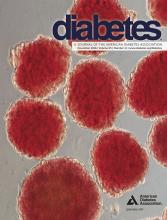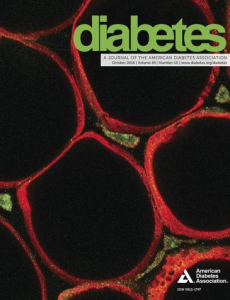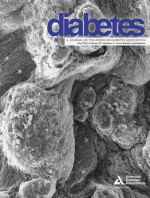
The journal Diabetes has retracted two 2006 papers by a group of researchers in Germany whose work has long been the subject of concerns about image duplication and manipulation.
The first author of the articles is Kathrin Maedler, a prominent diabetes specialist at the University of Bremen, where she’d been a named professor but lost the title over the affair. Maedler’s group now has four retractions resulting from problematic figures.
The University of Bremen in 2016 found insufficient evidence that Maedler committed research misconduct, but concluded that she was negligent. Maedler at the time told us:
Continue reading Tired of waiting for a university, a publisher commissions its own investigation — and retracts two papers It takes a lot of work to clean up the scientific literature, and some researchers and organizations deserve special recognition. That’s why we’ve established a “
It takes a lot of work to clean up the scientific literature, and some researchers and organizations deserve special recognition. That’s why we’ve established a “ A diabetes researcher who once sued a publisher to prevent several retractions has just issued his 12th.
A diabetes researcher who once sued a publisher to prevent several retractions has just issued his 12th. The notices keep coming for diabetes researcher
The notices keep coming for diabetes researcher 



